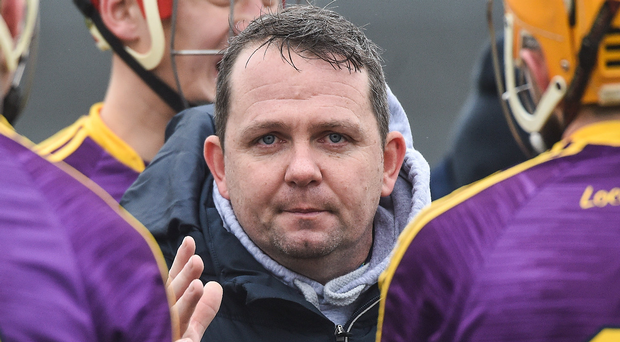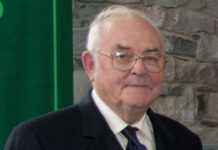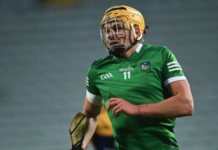
In 1970, Brazil freewheeled their way to a World Cup on a diet of cigarettes and sex. Theirs was a delirious brand of football, taken from the streets, the beaches, and performed on the biggest stage of all.
But that triumph, the high watermark of the game, was also its watershed.
From that point forth, caution and tactical acumen was to outdo skill and derring-do. The similarly talented, but hopelessly flaky, Dutch were outthought by Germans and Argentinians, the Brazilian class of ’82 fell foul to some crafty Italian catenaccio. And then, in 1994, the game came full circle, a circumspect, no-nonsense Brazilian team adopting a ‘if you can’t beat ‘em, join ‘em’ attitude as they returned to the winner’s podium for the first time since the famous class of ’70.
That’s football though, a professional sport with huge financial implications for the winners and losers. It was inevitable that someone would eventually come along and ruin all the fun, that a dastardly killjoy would figure out ways to curtail those pesky South Americans, with their fancy flicks and banana shots. It would never happen in amateur sport, where the only things at stake are the pride and fate of your county, where, despite the rampant tribalism, fans from opposing sides mix freely, side by side as they roar their heroes, and often neighbours, on.
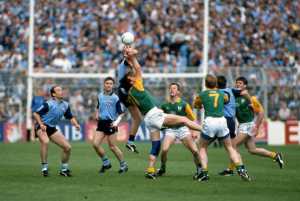
The demise of Gaelic football has been attributed to a variety of causes, their nature depending on the mood of Joe Brolly on a given day.
But what can’t be argued is the core reason for the devolution of this once-great sport; fear. The fear of losing, the fear of making a mistake, the fear of committing too many men forward and being exposed at the back, of not being strong enough, tall enough, being able to run fast enough and for long enough. These are the tenets of Gaelic football now, the laws that govern the game and ensure that it continues to lag behind its illustrious sister in terms of entertainment value.
But the gap is closing. Hurling will always be more entertaining than football, but where have all the great games been this year? How many times have you watched a Championship match and felt fully sated, bloated by the rich fodder offered up? Not many I’d wager. The caution, the pragmatism, which corrupts football, has not just crept into hurling, it has bashed in the front door and taken up residence in the comfiest armchair.
And unlike football, where no-one can agree on who, or what, is to blame, the culprit in hurling is easily recognised. It’s that bloody sweeper, isn’t it? Seven-man defences, seven-man midfields, nothing but a seagull or two patrolling the front-line, it has the game ruined and all who practise its dark arts deserve to be burned at the cross, preferably at half-time to liven up the occasion.
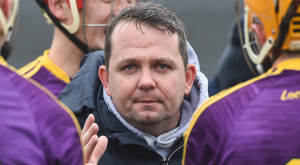
What Duignan fails to realise is that this is just the natural way of things, that eventually all good things must end, that even a game as pure and as noble as hurling must succumb to evil. But rather than be depressed, we should be grateful, because even in its newly adulterated guise, hurling is still just about more entertaining than any other sport in the world.


